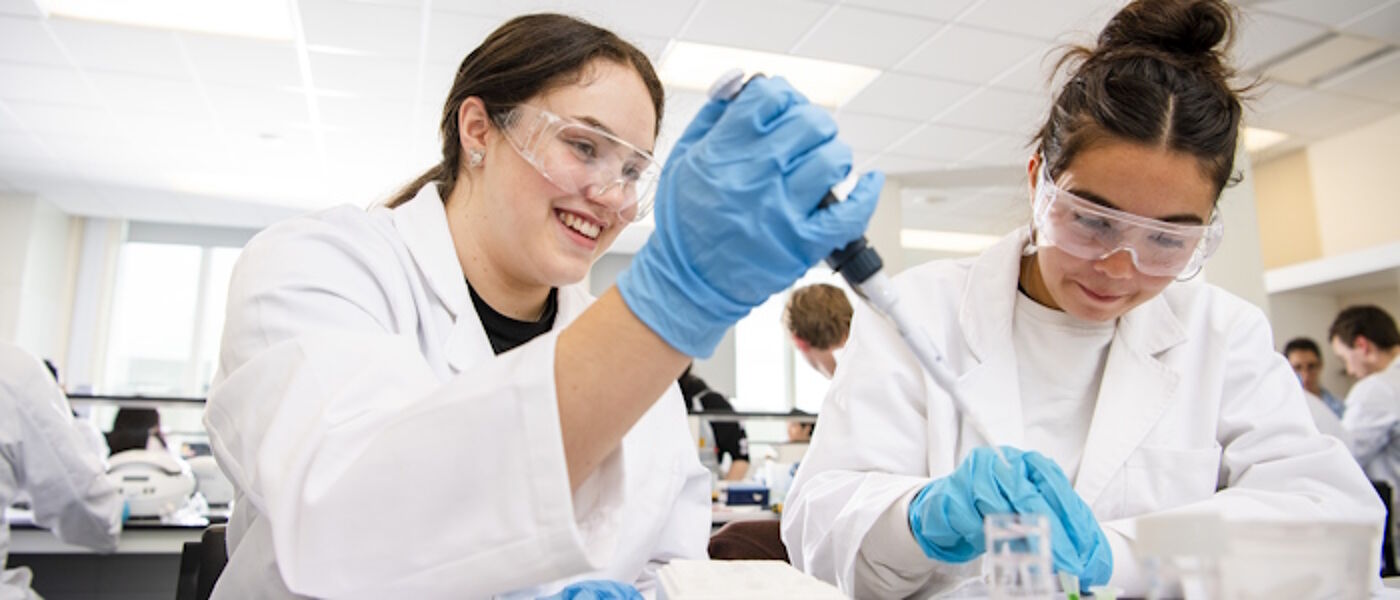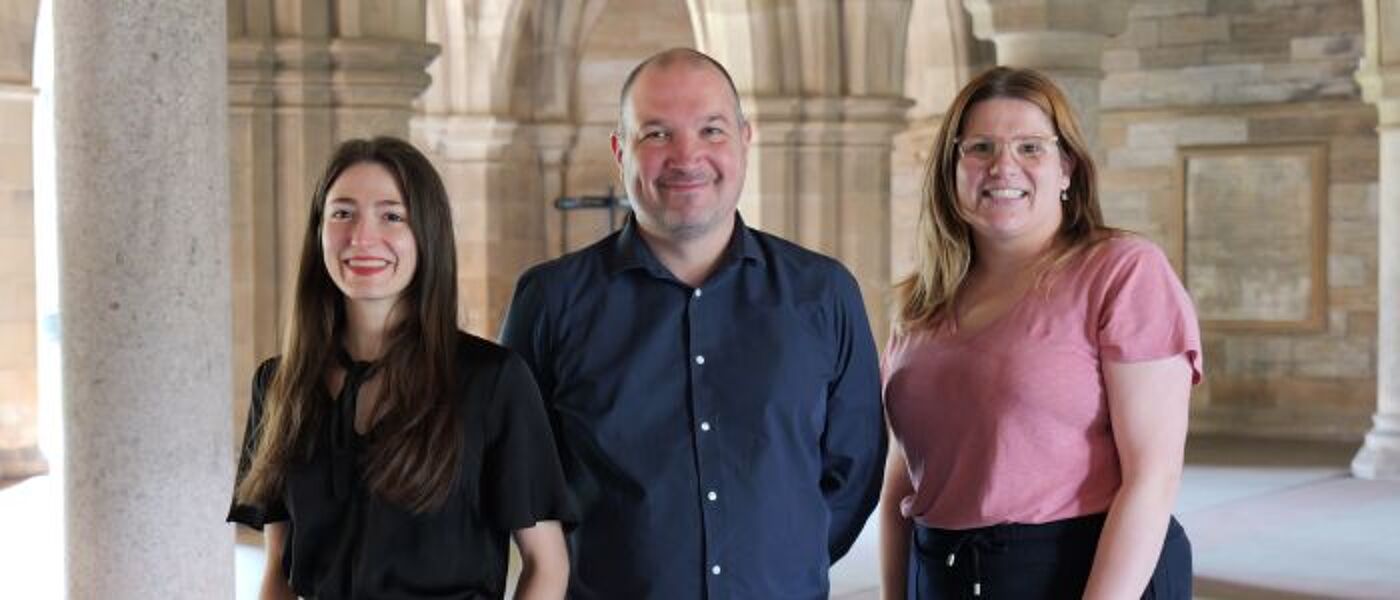Translational Research Initiative
The Translational Research Initiative (TRI) is a service based within the University of Glasgow’s College of Medical, Veterinary and Life Sciences (MVLS) that supports researchers of all career stages to translate their discoveries and innovations into real-world impacts that benefit society.
The TRI supports translational research activities by coordinating access to relevant funding, helping to identify and develop translational research opportunities, and arranging access to expertise such as innovation and clinical champions. The TRI also provides project management support for translational research projects and organises a variety of workshops and training events.
TRI Managed Funding
The TRI manages a total of £7M of block awards from UKRI and the Wellcome Trust. This funding has so far generated over £88M in follow-on funding and in-cash and in-kind contributions. TRI currently hold MRC and BBSRC Impact Acceleration Accounts (IAA) to help support the translation of research.
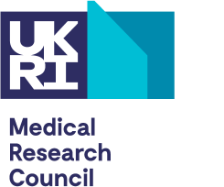
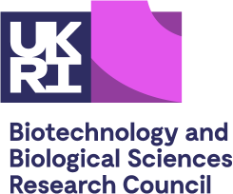

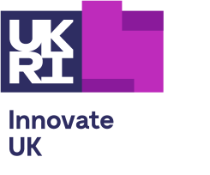
Partner with us
Our team can offer partnership development funding as well as give the opportunity to co-apply for translational funding. Translational funding can be used by researchers and industry for consortium bids.
There are many opportunities for external researchers and experts to get involved either by attending one of our events, joining our review panel as an advisor or consulting on road mapping key innovation areas with us.
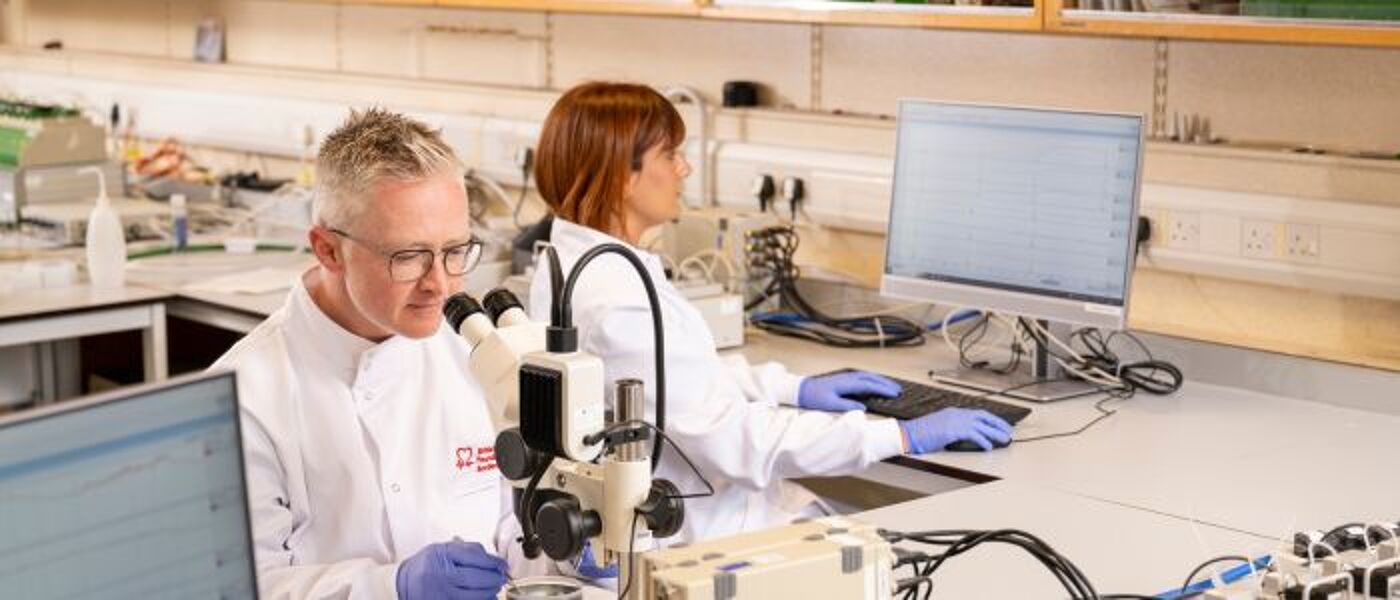
Success Stories
